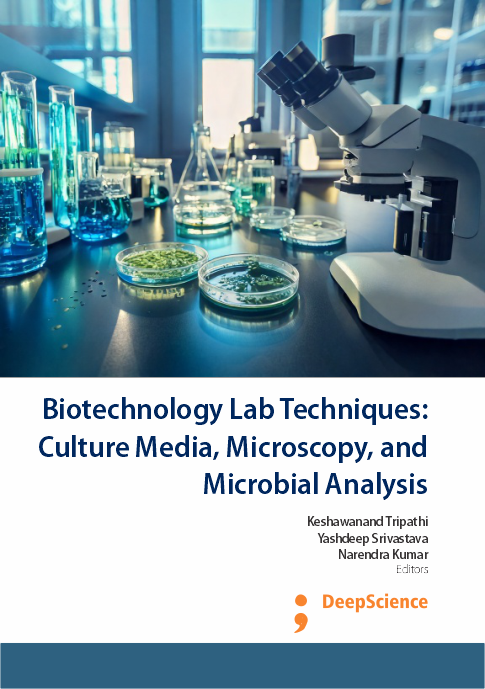Assessment of antibacterial efficacy of selected natural products: Methods, mechanisms, and applications
Synopsis
Medicinal plants are a rich source of bio-resources, providing traditional remedies, modern drugs, dietary supplements, and components for synthetic drugs. Antibiotics, derived naturally, semi-synthetically, or synthetically, are crucial for combating bacterial infections by inhibiting or killing bacteria (Cowan, 1999; Tripathi et al., 2013 Yadav et al., 2021). However, bacterial resistance and the side effects of synthetic antibiotics pose significant challenges. Thus, exploring natural products like plant extracts is promising. Effective antimicrobial screening relies on methods such as disc/well diffusion and broth dilution. These techniques measure antimicrobial activity by determining the Minimal Inhibitory Concentration (MIC), the lowest concentration needed to prevent visible bacterial growth (Burt 2004; Gibbons,2008; Tripathi et al., 2018; Tortora et al., 2020).














